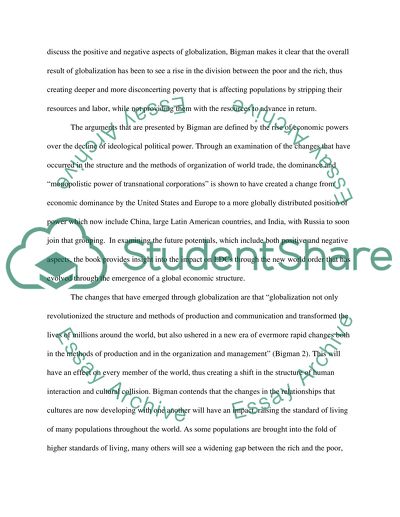Cite this document
(“Book Review: Globalization and the Least Developed Countries Report/Review”, n.d.)
Retrieved from https://studentshare.org/history/1431118-book-review-globalization-and-the-least-developed
Retrieved from https://studentshare.org/history/1431118-book-review-globalization-and-the-least-developed
(Book Review: Globalization and the Least Developed Countries Report/Review)
https://studentshare.org/history/1431118-book-review-globalization-and-the-least-developed.
https://studentshare.org/history/1431118-book-review-globalization-and-the-least-developed.
“Book Review: Globalization and the Least Developed Countries Report/Review”, n.d. https://studentshare.org/history/1431118-book-review-globalization-and-the-least-developed.


